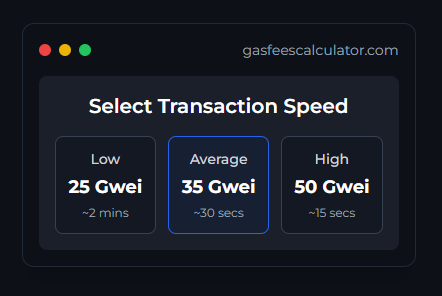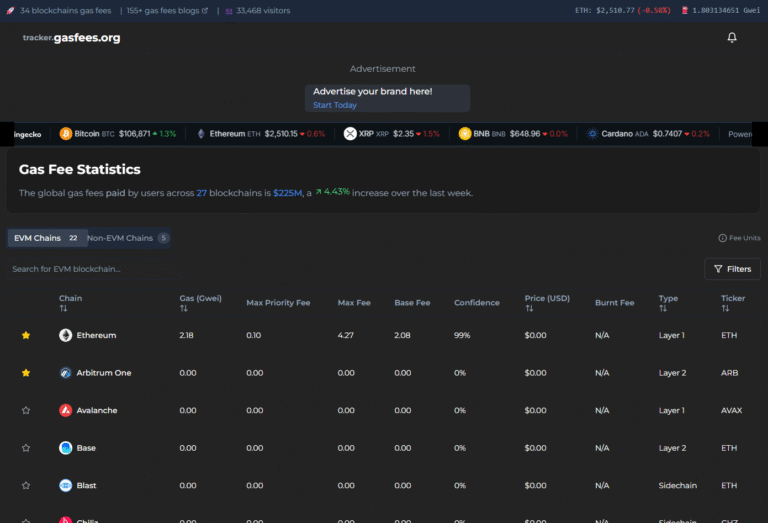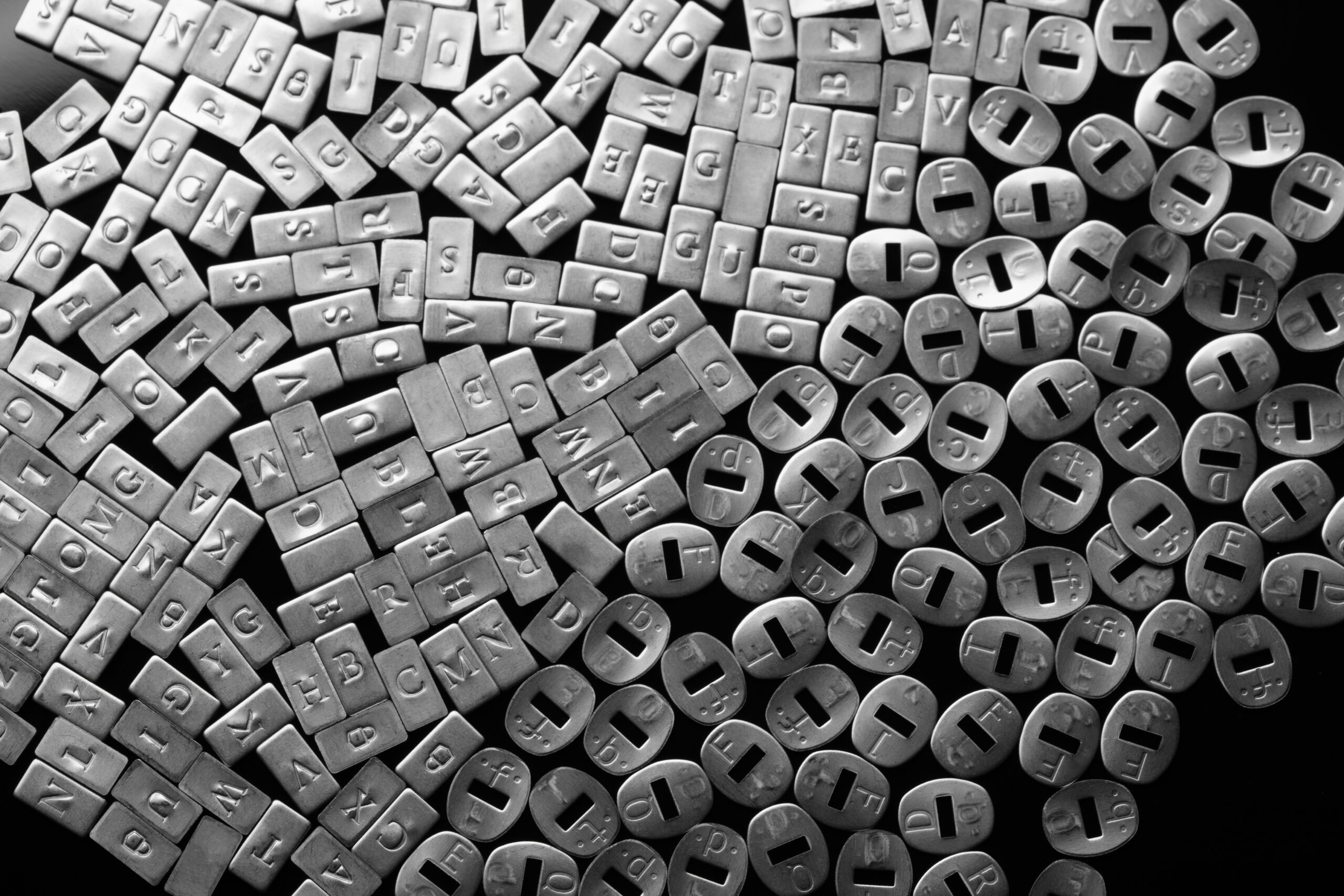What Are Conflux Gas Fees?
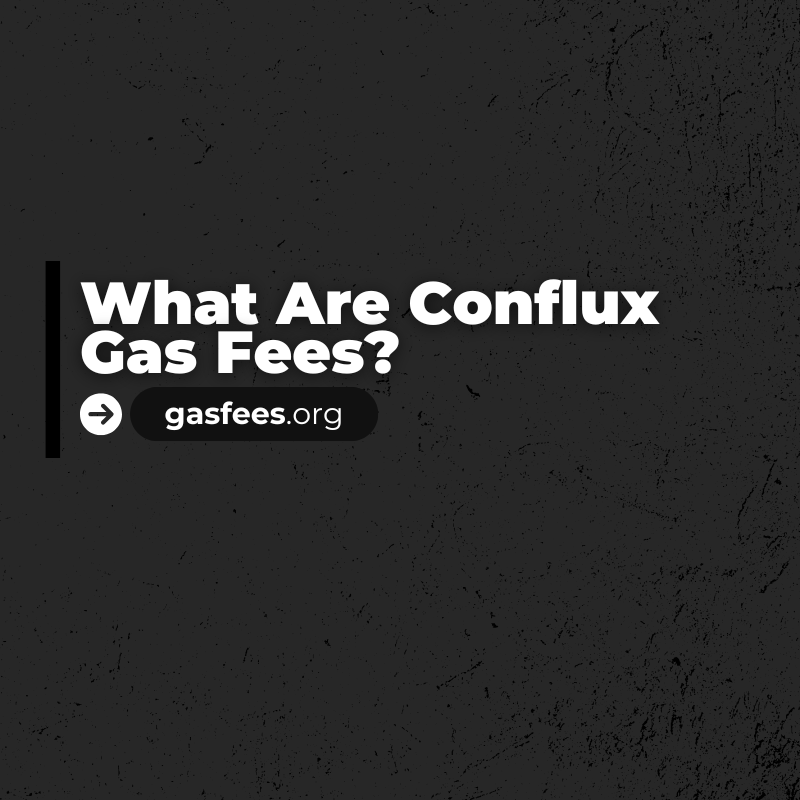
**Excerpt:**
Conflux gas fees are the transaction costs paid to process operations on the Conflux blockchain, known for its high throughput and scalability. This guide explains how Conflux gas fees are calculated, what factors affect their cost, and how they provide an efficient alternative to other networks. Learn how to optimize your transactions and reduce costs on Conflux.
What Are IoTeX Gas Fees?
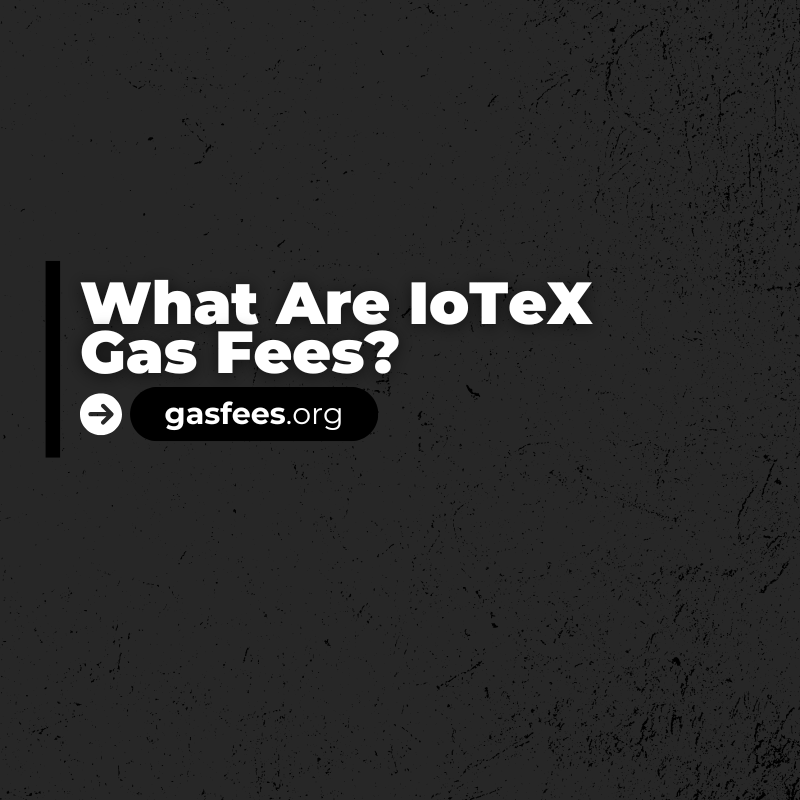
IoTeX gas fees are the transaction costs required to perform operations on the IoTeX blockchain, which is designed to support the Internet of Things (IoT) applications. These fees, paid in IOTX tokens, ensure smooth and secure transactions within the IoTeX ecosystem. Understanding IoTeX gas fees helps optimize costs while interacting with IoT devices and decentralized applications on the network.
What Are Bitcoin Gas Fees?
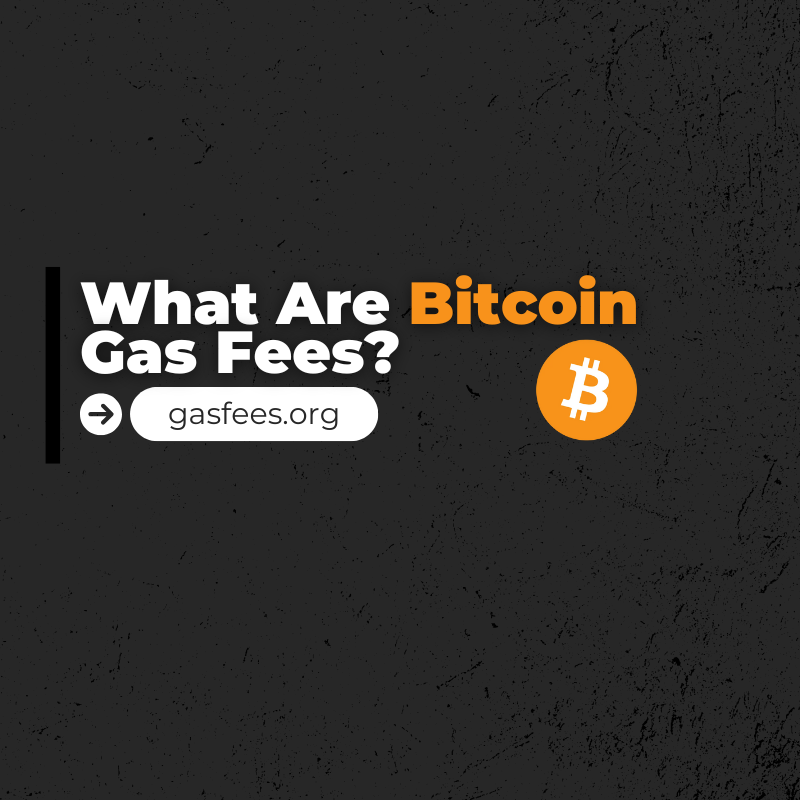
Bitcoin gas fees are the transaction costs paid to miners for processing and securing transactions on the Bitcoin network. This article explores how these fees work, what factors influence their cost, and why they fluctuate.
What Are Astar Gas Fees?
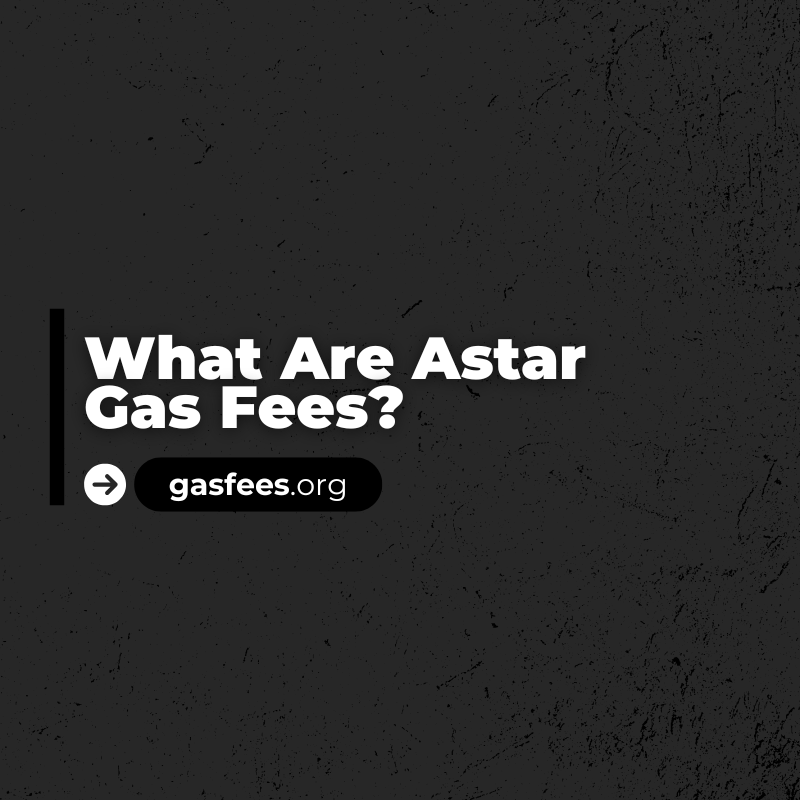
Astar gas fees are the transaction costs associated with executing operations on the Astar blockchain, a platform built for multi-chain decentralized applications (dApps) on Polkadot. These fees, paid in ASTR tokens, help ensure network security and facilitate the execution of smart contracts. Understanding Astar gas fees is crucial for users who want to optimize costs while interacting with the Astar network and its interoperable decentralized ecosystem.
What Are ZK-Rollups Gas Fees?
ZK-Rollups, or Zero-Knowledge Rollups, are layer-2 scaling solutions for Ethereum that bundle hundreds of transactions into a single proof, processed off-chain and settled on-chain. Gas fees for ZK-Rollups are significantly lower than Ethereum’s mainnet, often costing just a fraction of a cent per transaction, as they distribute the cost of a single layer-1 transaction across many users. Fees are paid in ETH or supported tokens and vary based on the rollup’s design, transaction complexity, and layer-1 gas prices.
For example, platforms like zkSync or StarkNet leverage ZK-Rollups to offer transfers as low as $0.01-$0.10, compared to Ethereum’s $1-$20. The fee structure depends on the computational cost of generating zero-knowledge proofs and posting data to Ethereum. Users can optimize fees by batching transactions or using rollup-specific wallets with real-time fee estimators. By slashing costs while maintaining Ethereum’s security, ZK-Rollups make DeFi, NFTs, and microtransactions more accessible, driving adoption in the Web3 ecosystem.
What Are xDAI Chain Gas Fees?
xDAI Chain (now Gnosis Chain) offers some of the lowest gas fees in the blockchain space — often just fractions of a cent. Unlike Ethereum, where gas is paid in ETH, xDAI users pay fees in the stable xDAI token, making costs predictable and ideal for high-frequency or low-value transactions. Learn more at GasFees.org.
